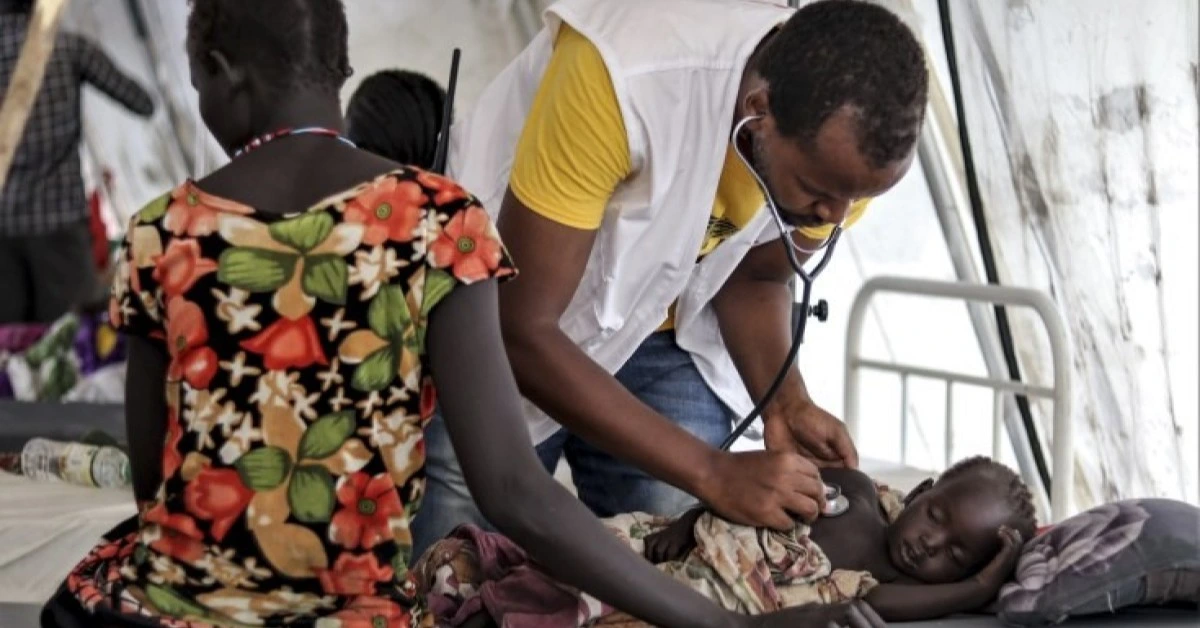
USA – The recent decision by the US government to end its financial support for Gavi, the Vaccine Alliance, has raised serious concerns among global health experts and humanitarian organizations.
Doctors Without Borders (MSF) has warned that the move could have devastating effects on millions of children around the world.
Gavi, founded in 2000, was created to make vaccines more accessible to children in the world’s poorest nations.
Since its launch, the alliance has played a key role in reducing child mortality by improving immunization coverage. It is estimated that Gavi has helped save over 17 million lives over the past 25 years.
However, as reported by The New York Times, and confirmed by Gavi itself, the loss of US support could leave up to 75 million children without routine vaccines in the next five years.
This could lead to over 1.2 million preventable deaths, most of them in countries that already struggle with access to basic healthcare.
For more than five decades, MSF has provided life-saving vaccines to children living in areas affected by war, displacement, or lack of healthcare.
While MSF does not receive funding from either Gavi or the US government, its programs are still likely to be affected.
That’s because more than half of the vaccines MSF uses are obtained through local health ministries, many of which depend on Gavi to supply affordable vaccines.
Dr. Carrie Teicher, Chief Programs Officer at MSF USA, stressed that the US has been one of the largest contributors to Gavi, making up around 13% of its budget.
She warned that cutting this support could undo years of progress in fighting diseases like measles, diphtheria, and pneumonia.
“Vaccines are among the most effective and affordable ways to save lives,” she said. “This decision will put even more children at risk of dying from diseases that are entirely preventable.”
Teicher also noted that vaccine coverage is only just recovering from the disruptions caused by the COVID-19 pandemic. Cutting funding now, she said, would be a serious setback for global health.
MSF continues to see outbreaks of vaccine-preventable diseases in places like Nigeria and South Sudan, where children are already missing routine shots.
These outbreaks could be curbed, and lives could be saved, if vaccination programs were fully supported.
Experts are also worried that this move is part of a larger trend, as the US continues to reduce its foreign aid commitments.
The concern is that fewer vaccines and less support for health systems will leave vulnerable children with even fewer medical options.
Health advocates are urging the US government to reconsider its position, warning that the long-term effects could be dire—not only for global child health, but for global stability as a whole.
XRP HEALTHCARE L.L.C | License Number: 2312867.01 | Dubai | © Copyright 2025 | All Rights Reserved